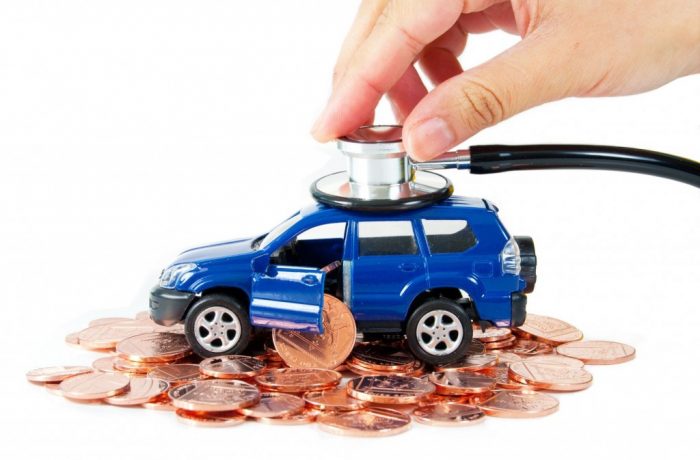Purchasing vs leasing a new car
Leases are ideal for drivers who prefer lower monthly payments, will travel under 12,000 miles a year and will be able to bring the car back in great condition at the end of the lease.
If you plan to keep a car for a long time, purchasing may make more sense as you will be free and clear of payments once your loan is paid off (as opposed to having to sign a new lease).
Some people lease a car and then purchase it (as a used car) at the end of the lease period, which makes sense if you cannot afford a down payment now but can save up to pay a lower down payment later. For more information see http://usnews.rankingsandreviews.com/cars-trucks/Buying_vs_Leasing/
For those dealerships that do not have a “no haggle” price, negotiating and other consumer tricks of the trade can potentially save you a lot of money. Some perspectives on how to get a lower price may be found at http://www.forbes.com/sites/quora/2013/07/26/what-are-some-good-tactics-to-use-to-lower-the-price-of-a-car-while-negotiating-with-a-car-sales-person/#2935c38b3465 and http://www.reviewjournal.com/business/money/20-secrets-getting-the-best-deal-new-car.
Purchasing a used car
You can purchase a used car from a dealership or from an individual. For tips on how to select a car, ask the right questions and negotiate a price see https://www.carbuyingtips.com/used.htm
Financing your car purchase
A good guide to vehicle financing is published by the Federal Trade Commission and comes complete with information on credit and budgeting (https://www.consumer.ftc.gov/articles/0056-understanding-vehicle-financing).
It’s always a good idea to shop around for financing and if possible to get pre-approval from a bank or credit union before you inquire about dealership financing. Dealership financing may come with higher interest rates than financing from a bank or credit union but some dealerships are more flexible with credit scores than are financial institutions. A bank or credit union may be more flexible with people with no credit history rather than those with bad credit. You may have a good chance of qualifying for a slightly higher interest rate loan with a credit score of 660-699 but it’s important to shop around.
Down payments for used cars are typically 10% minimum. Down payments for new cars have traditionally been set at 20% but many pay less. The higher the down payment the less principal and interest on your loan, if you can afford to spare the extra cash. For information about down payments and checking your credit (also covered elsewhere on this site) see http://www.thesimpledollar.com/how-big-should-my-car-down-payment-be/ and http://www.autotrader.com/car-shopping/whats-the-right-down-payment-on-a-car-loan-or-lease-212702. The Autotrader article makes two excellent suggestions for saving on down payments – (1) applying your old vehicle’s trade-in value and (2) searching for cars that have rebates.

